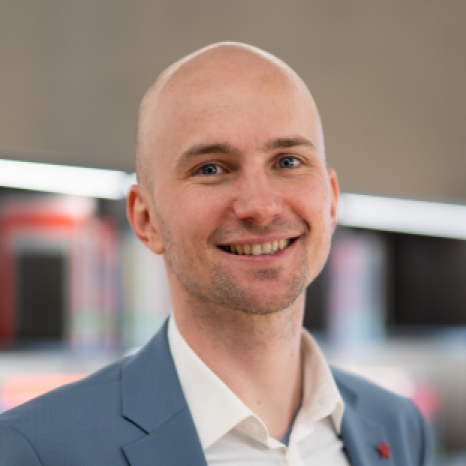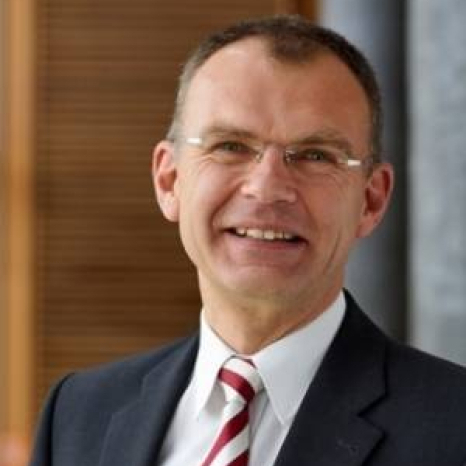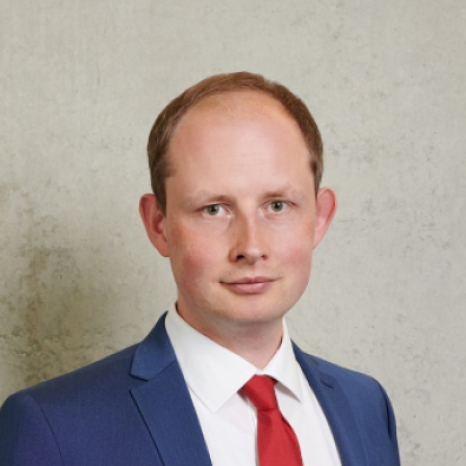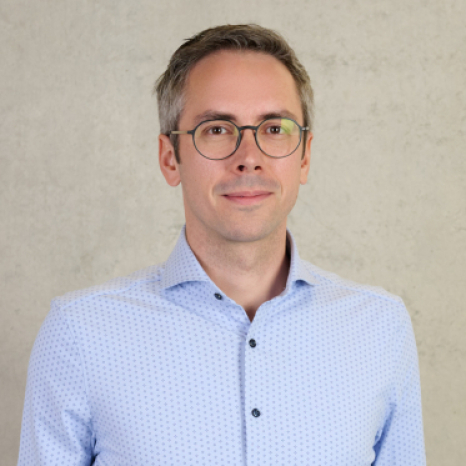Technology Transfer Center
Cooperative Technology Transfer Center Upper Franconia
Presentation
The Technology Transfer Center (TTZ) Upper Franconia: “Digital Intelligence” aims to strengthen the innovative power of SMEs in rural areas.
The TTZ is run cooperatively by the universities of Coburg and Nuremberg at the Lichtenfels and Kronach sites.
At the Lichtenfels site, Coburg University of Applied Sciences focuses on digital expertise in the product life cycle for applications in automation, new materials and additive manufacturing.
In Kronach, Nuremberg University of Applied Sciences focuses on the applied analysis and modeling of data.
Aim of the TTZ
The aim is to develop innovative solutions in the future field of individualization and automation for the real needs of small and medium-sized enterprises (SMEs) at the Lichtenfels and Kronach sites, creating direct synergy effects between development and production, science and business.
The project is substantially supported by a High Performance Computing Cluster for Applied AI at Coburg University of Applied Sciences and Nuremberg Institute of Technology.
Areas of work With the focus on industrial applications, there are three areas of work at the Lichtenfels site:
- Automation (Prof. Dr. Veit Müller)
- New materials and production processes (Prof. Dr. Alexander Rost and Prof. Dr. Markus Stark)
- AI for engineering and production (Prof. Dr. Jens Grubert)
These are derived from the research competencies of Coburg University of Applied Sciences, among other things, and are honed and continuously developed based on the needs of regional companies.
Automation
Robot systems
- Development of flexible manipulators
- Improved handling of multi-variant parts thanks to self-optimizing robot systems
- Analysis, design, construction of human-robot collaboration workstations
Digital twins
- Analysis of production processes (e.g. movement sequences of people, machines and material, etc.)
- Dimensioning of robot work cells (robot requirements, cycle time analysis, workspace analysis, etc.)
- AI training in the digital twin
Contact person: Prof. Dr. Veit Müller
New materials and production processes
Materials
- Investigation of the applicability of materials for the additive manufacturing of tools (injection molding, forming…)
- Simulation of material behavior (injection molding)
- Qualification of materials
Additive manufacturing / lightweight construction
- Self-optimizing AM processes (sensor technology, data acquisition, data evaluation using AI)
- Development of efficient tools through functional integration
- Automated design generation
- Development and qualification of lightweight structures (bionic design)
Contact persons: Prof. Dr. Alexander Rost, Prof. Dr. Markus Stark
AI for engineering and production
Augmented and virtual reality (AR/VR)
- Assembly
- Onboarding + Recruiting
- Product design
- Production planning
- Product presentation
- Training
- (Remote) maintenance + teleoperation
Reality capture, machine learning and generative AI
- Quality control (AI-based object recognition)
- Predictive maintenance
- Knowledge retrieval and summaries (e.g. risk analyses, compliance, service operation)
Contact person: Prof. Dr. Jens Grubert
Cooperations
The TTZ facilitates cooperation through:
- Funded research and development projects
- the commissioning of research and development projects
- Consulting services for digital technologies
- Cooperative doctorates
Advantages of cooperation:
- Relief of own personnel and material resources through outsourcing or funded R&D projects
- Risk minimization in the implementation of innovative research projects
- Gaining expertise through cooperative projects and consulting services
- Employee retention and recruitment through joint cooperation
- Further qualification of own employees through promotion
- Use of hardware and software infrastructure of the TTZ
- Use of scientific know-how and methodological skills






